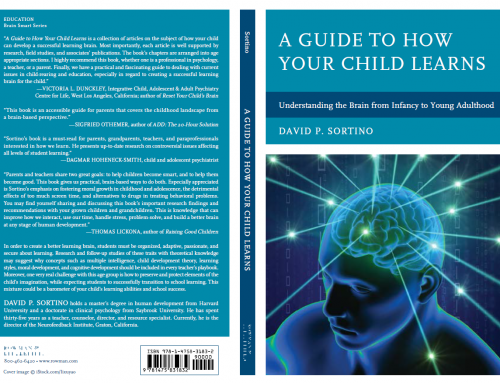Never have the words ‘you are what you eat’ been more important than with children and their ability to learn and express their true intelligence. You do not have to be a genius to link school success to good food habits.
The by-products of poor eating habits show up in child obesity, ADHD or ADD and eating disorders to name but a few. Other by-products could be school failure or simply a negative effect on the child’s learning potential and intelligence. We read only about good nutrition but something else is missing which is that families need to prioritize good food habits. In other words if school success is associated with good homework habits such as consistency, organization and responsibility another antecedent to school success should be a family’s eating habits, particularly when associated with your child’s learning potential and true intelligence.
Parents need to make meals the one time of the day when all family members sit down together. Of course one should expect challenges to such a schedule. The average family’s day is filled with so many activities that it is next to impossible for all members to do a sit down meal each night of the week. However, parents should find at least one night a week when the family meets for dinner. I suggest Sunday night because it precedes the school week and provides a good time to go over the upcoming school, social and family activity schedule. Further, it could also be a time to give appreciations of family members, which helps in forming family unity.
To teach good eating habits, another strategy is for each person in the family to be responsible not only for helping to plan and prepare the meal, but if possible to accompany the parents to buy the food. Again, meal planning can be done on Sunday nights when the family makes its food list for the week.
My final suggestion is about nutrition and education in our schools. Although schools do try to incorporate health and nutrition into their curriculum, I believe they need to take nutrition to a higher level. If teachers are required to teach from mandated curricula why not include nutrition? Nutrition is the fuel that drives the brain for greater learning and intelligence. Schools could take an interdisciplinary approach by linking good nutrition habits to all subject areas beginning in kindergarten and commencing in high school. For example, math students can compute caloric intake versus calories used during the school day, which can include graphs and so forth. Science lessons could include the various chemical components of the food students eat, and particularly what, how and why certain foods are better for you than others. Nutritionists should be regular speakers at all class levels. Lastly, school can have a nutrition week or fair where all the classes participate in a national fact-finding contest, reporting on food topics, nutrition and their relationship to good health.
‘You are what you eat’ should not be simply a cliché that we throw around whenever convenient but the motto of every parent and child. In short, the food your children put into their bodies should be as nutritious as the knowledge we teach them.
*David Sortino, Ed.M, Ph.D. For further information contact davidsortino@comcast.net or 707-480-1649


